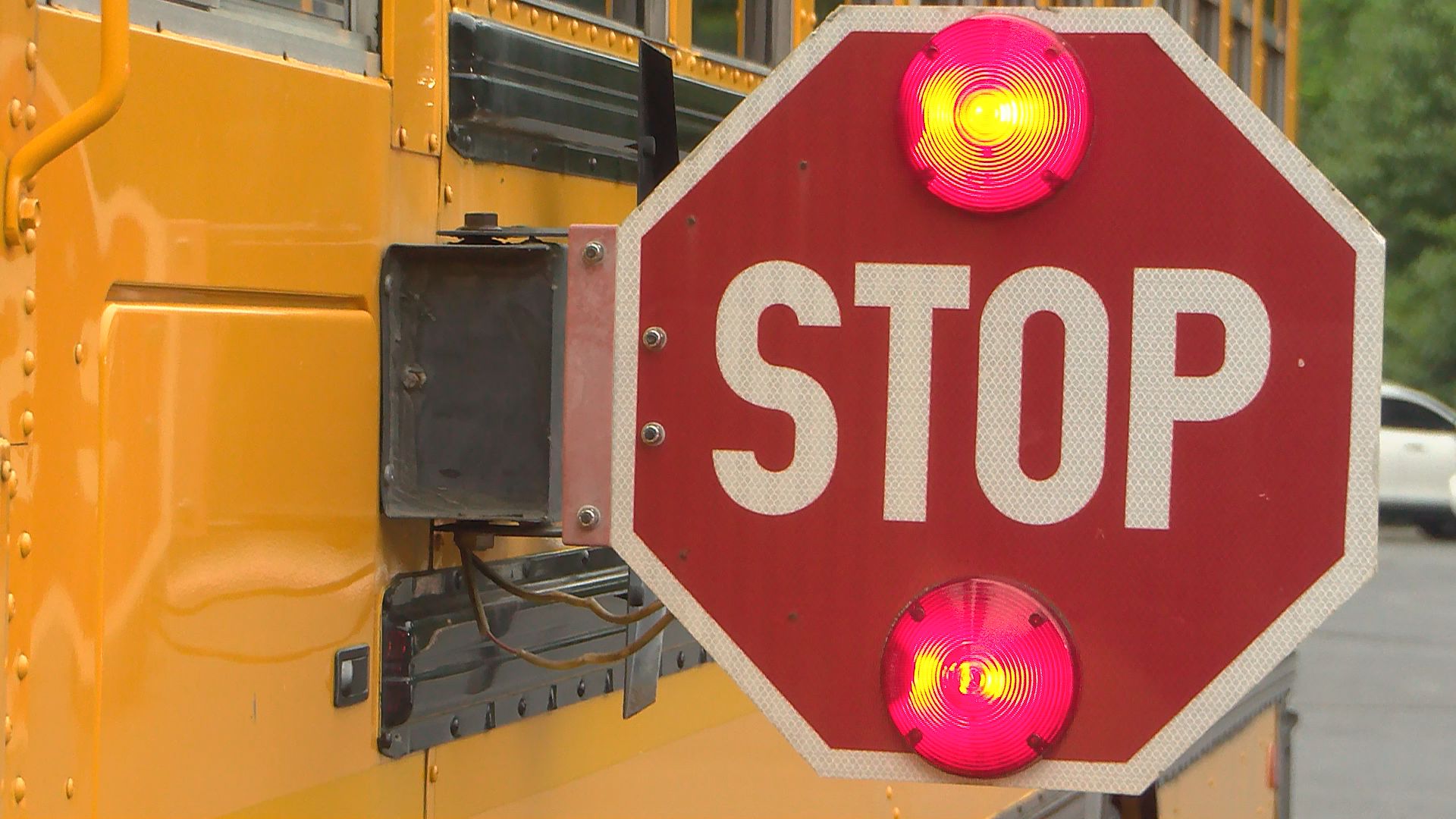Back to school safety reminders
AUSTIN, Texas (KBTX) – Drivers can expect more traffic as students head back to school. The Texas Department of Public Safety is reminding you to give yourself extra time and to use caution in school zones and residential areas. DPS also has some safety tools for parents, including reporting suspicious activity in schools and communities in order to help prevent attacks.
DPS offers these tips for back-to-school safety:
Give students extra room and don’t assume they are paying attention to your vehicle. Students are often distracted by mobile devices, listening to electronic devices or by other students, and they may not be paying attention to their surroundings.
Don’t block a crosswalk when stopped at a red light or stop sign.
Follow the directions of school crossing guards.
Watch for children on bicycles traveling to and from schools.
Reduce your speed when you spot a school bus and know children may unexpectedly step into the road without checking for oncoming traffic.
Be careful around railroad crossings. School buses are legally required to stop at them.
Know the laws regarding school buses. According to Texas law, if a bus has alternating flashing red signals visible from the front or rear, drivers MUST stop before reaching the bus. Drivers can only proceed if the flashing lights are no longer activated, the driver signals you to proceed or the bus has resumed driving. Approaching drivers do NOT have to stop for a school bus that is operating a visual signal if the road is separated by a physical barrier or an intervening space. If a highway is only divided by a left-turn lane, it is not considered divided, and drivers must stop for school buses.
Drivers who illegally pass a school bus face fines up to $1,250 for the first offense. For people convicted of the offense more than once, the law allows for the person’s driver license to be suspended for up to six months. A ticket for this offense cannot be dismissed through defensive driving. Criminal charges are possible if a driver causes someone serious bodily injury.
Always obey speed limits and traffic laws in school zones.
Remember, texting while driving is illegal in Texas.
DPS would also like to remind students, parents, teachers and school administrators about some other valuable safety tools.
The iWatchTexas program is a critical resource for reporting suspicious activity in schools and communities in order to help prevent dangerous attacks. Everyone is urged to download the free iOS or Android iWatchTexas mobile app prior to the start of the school year. Tips can be reported via the website, the mobile app or by calling 844-643-2251. All reports are confidential. For information on how to use iWatchTexas, you can view this how-to video.
Remember, iWatchTexas is not for emergencies. If there is an emergency on a school campus or in a community, call 911 immediately. Also, the program can be used to report suspicious activity in areas other than schools.
The Texas School Safety Center is another useful tool for school security. It’s part of Texas State University and offers valuable resources on school safety for parents and members of the school community. It’s designed to be a central location for research, training and technical information for all school districts, charter schools and community colleges in the state. The Texas School Safety Center has staff experienced in school safety and can provide technical assistance or training, conduct program evaluations or offer resources to schools. Classes are also available online for the community.
Finally, in 2021, DPS implemented the Active Shooter Alert System. This is not school-specific but could be used in the event of a shooting at or near a school. The alert system is designed to notify people in close proximity to an active shooter situation through cell phones, local broadcast media and Texas Department of Transportation Dynamic Message Signs (DMS). These alerts are used to encourage people to avoid the area or shelter-in-place, when a situation arises.
DPS will issue an Active Shooter Alert when an agency submits a request that meets the requirements. Those include an active shooter in the agency’s jurisdiction, determining that the alert would assist people near the active shooter’s location, verification of the active shooter situation through a preliminary investigation by the requesting agency and that the shooter’s last known location is identifiable.







